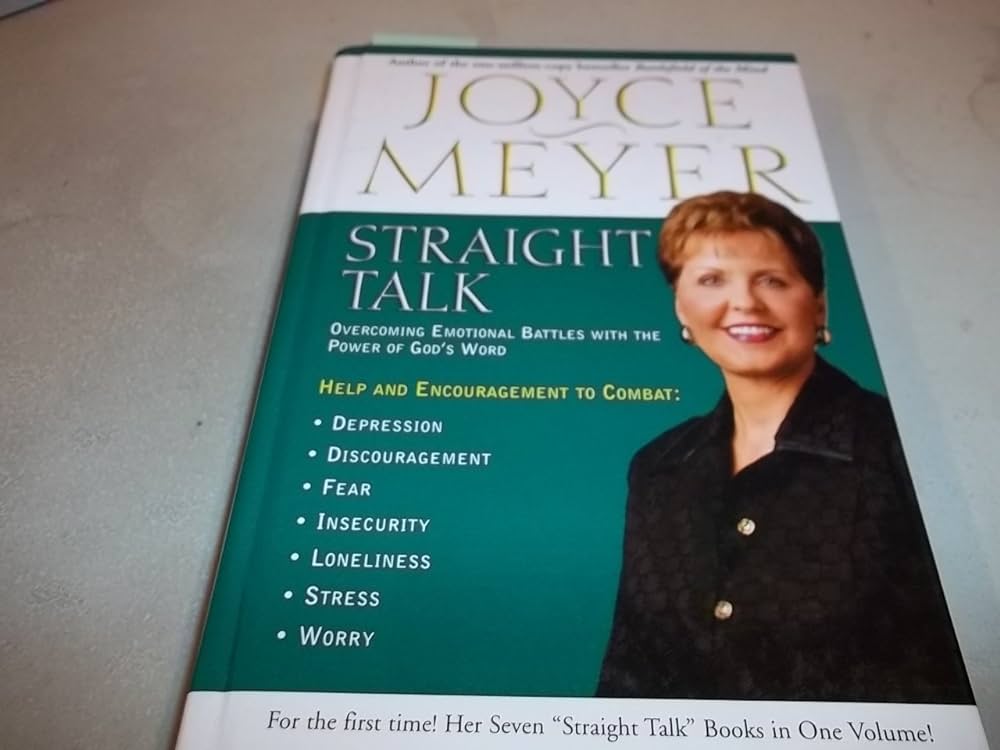To find a vendor for clothes, start by searching online marketplaces or attending industry trade shows. Seek referrals from fashion professionals and check vendor directories for reputable suppliers.
In the bustling world of fashion, sourcing the right clothing vendor can make or break your business. It’s crucial to choose suppliers that align with your quality standards, price points, and ethical considerations. Delving into the vast network of clothing manufacturers requires a strategic approach; this can include leveraging social media platforms for leads, exploring B2B wholesale platforms, or engaging in networking within fashion communities.
Aligning with a vendor that understands your vision and clientele is paramount for sustaining a competitive edge in a market driven by trends and consumer satisfaction.
The Importance Of Choosing The Right Clothing Vendor
Finding the right clothing vendor is crucial for a clothing business. The vendor’s quality and cost will greatly affect your brand’s reputation and finances. It’s essential to strike a balance between producing high-quality clothes that customers love and maintaining affordable prices to stay competitive.
Your chosen vendor should align with your brand’s values and quality standards while offering reasonable production costs. This balance ensures your clothes satisfy customers without eating away at your profit margins. Remember, a supplier who provides both top-notch products at good prices can drive your brand’s success.
Identifying Your Clothing Needs
Identifying the right vendor for your clothing begins with a clear understanding of your desired style and target audience. Before you start your search, ensure you have a solid grasp on the fashion aesthetics and demographics that resonate with your brand. This insight will guide your vendor selection process, ensuring that the manufacturers you consider can deliver apparel that aligns with your brand’s image.
Considering the volume of clothes you need is crucial. Think about current demands and possible growth. Choose vendors that can scale production up or down based on your needs. This flexibility will support your business as it evolves, helping to manage inventory efficiently and respond to market changes swiftly.
learn more about Azlee Clothing
Starting Your Search For Vendors
Finding a vendor for clothes can be a challenging task. Trade shows and fashion events are excellent places to start. These venues gather multiple vendors under one roof. You can see their products and talk to them directly. Networking at these events is crucial for finding the right match for your clothing business.
Another great resource is online marketplaces and directories. These platforms list numerous vendors, often with ratings and reviews. It makes selecting a trusted vendor easier. Look for vendors that specialize in your niche of clothing. Make sure they have good shipping policies and quality products.
Vetting Potential Vendors
Finding reputable vendors for clothing requires diligence. Begin by checking online reviews and ratings. These reflect previous customers’ satisfaction levels and could highlight any red flags. It’s crucial to look for consistency in vendor performance over time.
Engage with industry forums and social media groups to gather peer feedback. Real-world experiences from similar businesses offer invaluable insight. Trade show attendance provides direct interaction with various vendors, adding a personal touch to your research.
| Sample Type | Quality Check |
|---|---|
| Material Test | Assess fabric durability and washability. |
| Construction Exam | Inspect stitching, seams and hems for strength. |
| Design Match | Compare sample with original design specs. |
- Initiate small test orders to gauge product quality.
- Implement rigorous inspection upon delivery.
- Maintain communication with the vendor for feedback and improvements.
Negotiating With Suppliers
Negotiating with suppliers demands a clear grasp of cost structures. This understanding ensures you can discuss pricing confidently. Divide costs into production, shipping, and handling fees. By recognizing these, you enhance your bargaining edge. Equally crucial are the agreement terms and payment options. These dictate how and when payments occur. Vendors may offer terms like net 30 or net 60, which means payment is due 30 or 60 days after delivery.
Discover what works best for your business’s cash flow. You may prefer staggered payments over a single lump sum. Also, find out if early payments afford discounts or if late payments incur fees. Such details impact your final cost. Always get all terms in writing to protect both parties involved.

Credit: observer.com
Building And Maintaining Vendor Relationships
Effective communication is key for long-lasting vendor relationships. Establish clear guidelines from the start to ensure both parties understand expectations. It’s important to share detailed information about products, timelines, and processes.
Regular meetings and check-ins help. Use them to discuss progress and feedback. Emails and phone calls can keep the conversation going. Be sure to document all interactions. This is helpful for avoiding misunderstandings.
When issues arise, address them promptly and with positivity. Aiming for a win-win solution helps maintain a good partnership. Always keep a cool head and show respect to your vendor, even in tough situations.

Credit: deadline.com
Frequently Asked Questions Of How To Find A Vendor For Clothes
How Do People Find Clothing Vendors?
People find clothing vendors through online marketplaces, industry trade shows, and networking in fashion forums. Social media platforms and business directories also offer valuable resources for locating suppliers. Engaging with fashion communities can lead to personal vendor recommendations.
How Do I Find A Distributor For My Clothing Line?
Research industry-specific trade shows to network with potential distributors. Explore online directories and platforms like Makers Row or Handshake to find distributor contacts. Engage in social media and forums tailored to fashion businesses to connect with distributors. Seek referrals from fellow clothing line owners.
How Do I Find Merchandise Vendors?
Start by attending trade shows related to your industry to connect with potential vendors. Utilize online wholesale directories and marketplaces. Contact industry associations for recommendations. Explore local and international manufacturer databases. Use social media networking to find vendor connections.
How Do I Find Vendors To Resell?
To find vendors for reselling, search online marketplaces, attend industry trade shows, network on social media platforms, join industry associations, and explore wholesale directories. Always vet each potential vendor for quality and reliability.
What Determines A Good Clothing Vendor?
Finding a good clothing vendor involves evaluating their reliability, quality of products, price points, turnaround times, and customer service reputation.
Conclusion
Selecting the right clothing vendor is pivotal for your business success. We’ve explored key strategies to simplify this process. Remember, prioritize quality, customer service, and align with your brand values. Take action with these insights, and watch your fashion enterprise thrive.
Ready to start? Your ideal vendor awaits!


